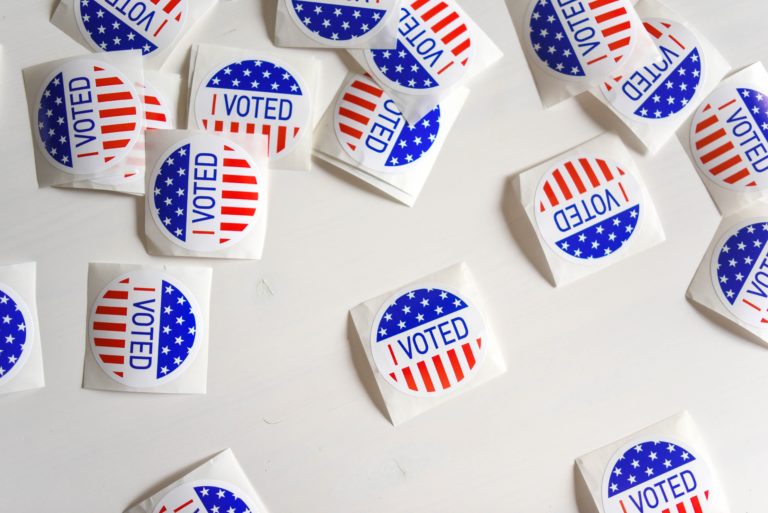On July 19, 1848, over 300 (mostly) women gathered for the Seneca Falls Convention,…
Electability Isn’t Just About Fundraising

2018 broke records as the most expensive midterm election in history, and 2020 is expected to be just as costly. Many pundits rely on fundraising prowess as a key marker of electability in their speculation. But how important is fundraising to a women’s success?
Research shows that fundraising isn’t important to voters when they consider electability. Only 24% of voters think that raising more money than candidates makes a candidate much more likely to win, and only 28% think that’s true for raising millions from small-dollar donations. What mattered most was empathy, toughness, and substance. Having a deep understanding of the challenges Americans face is the single biggest indicator of electability to voters – not how much a candidate has raised.
That’s good news for women, who typically face a gender gap in fundraising. According to Federal Election Commission filings, Democratic women running for Congress raised an average of $500,000 less than Democratic men in the most competitive 2018 races. There are a few factors contributing to this. Women can face difficulty gaining donations from big donors. They are often excluded from old boys’ club financial circles, and can find it hard to make connections to industries when there are fewer women to open doors. Donors also hold women to higher standards than men, demanding more face time before making a contribution and forcing them to prove their path to victory. Women often have to run a “campaign of belief” to prove that they’re able to win before actually gaining financial support.
While fundraising isn’t critical for a candidate’s electability, it is an important part of campaigning. Fortunately, women are inspired by other women’s political involvement, especially when it comes to supporting women running for office. Women donated a noteworthy $517 million in 2018, and gave heavily to women candidates. If this trend keeps up, women candidates may be able to close their fundraising gaps.
The bottom line? While women may fall short on fundraising, they perform well on more important markers of electability. Across candidate profiles tested in research, all the hypothetical women candidates win or tie their head-to-head ballots against a straight white man of the opposite party. Women are electable, period – regardless of how much money they have in the bank.






